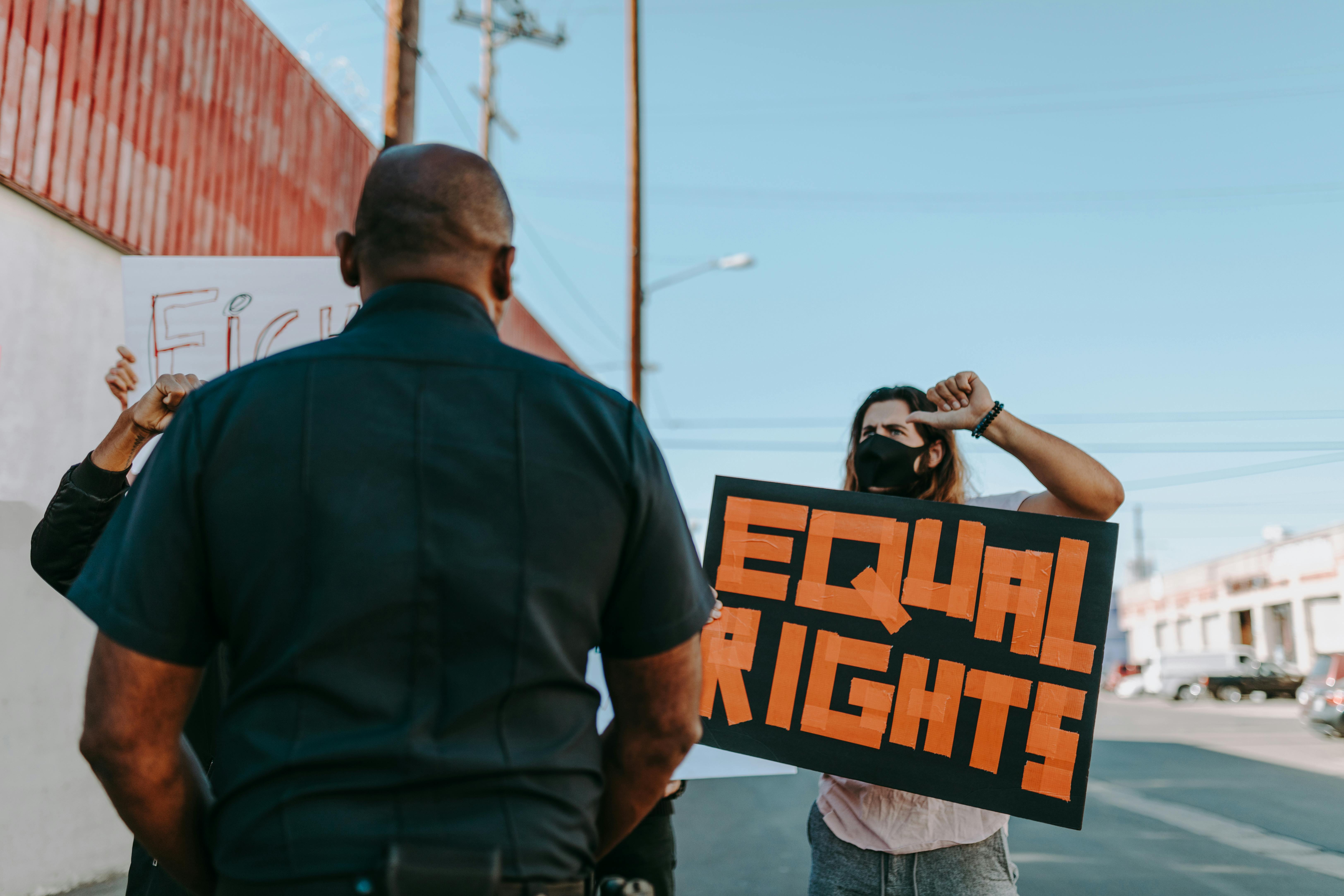Beware of debt collection scams. A favorite technique is for debt collectors who pose as law enforcement officers. In some cases, they threatened legal action, arrest, and physical violence.
Worse still, I have heard of many situations where the person contacted did not actually owe any money. If you browse the internet, you can find all kinds of stories about how aggressive these characters are getting.
Just keep in mind that they are not cops: they’re just trying to scare you
They are trying to scare you into giving them money. And people who don’t know any better are getting sucked into it.
What should you do
First, know that what you are doing is illegal. More importantly, police officers do not collect debts. They have other things to do.
If any type of debt collector calls you, the first thing you should do is tell them that you don’t deal with debt collectors, you only deal with the original creditor.
Then get their information: name, address and phone number. And be sure to get their license plate number and the phone number in your district and ask them which district to make sure it’s local. (I can guarantee you that they are unlikely to give it to you, which reveals their scam.)
Once you have their information, tell them not to contact you again.
Then hang up.
Don’t get into a conversation with them. Do not answer any questions. If they try to harass you, repeat what you said and hang up.
If you are given a license plate number and a precinct number, check the phone book (online or offline) and see if that precinct has that number. You can also do a reverse phone number lookup to check what appears under that number.
Then call your local police station and ask if they have an officer with that badge number and phone number. If the information was false, you will know immediately.
If you are very scared, call the police and file a complaint.
You are not obligated to talk to them.
There is no law that requires you to talk to these people. And you certainly don’t have to put up with being abused or harassed.
Write down the date and time they called and the information. Then write a cease and desist letter to the collection agency telling them the same thing you told them on the phone: that you don’t deal with collection agencies and they won’t contact you again.
Send it certified, with acknowledgment of receipt.
Get caller ID
If you don’t have Caller ID yet, get it. Then, if they call again, you’ll know ahead of time and can let the call go to voicemail. So you don’t have to deal with them.
If they call back, write down the date and time and any (text) messages they left. Because, if they called you back after you told them to stop, you can sue them. They are liable for $1,000 for each call they make after you tell them to stop.
don’t get scammed
The most important thing you can do is keep your head. People like this count on surprise to scare you and take advantage of you.
If you have to write something down and put it near the phone to remind you what to do, do it. After a couple of calls, you won’t be nervous and it will be much easier.
Whatever you do, don’t turn around and play doormat. That’s what they want you to do. Stand up for yourself. You were put in this position by greedy, blood-sucking companies that don’t care about you.
Your bottom line is money, not you, not anyone else, just money.
Don’t stand it!
And don’t be fooled.
If someone has contacted you posing as a police officer, get as much information as you can. If you have caller ID, it may also have your name or phone number. Then immediately contact your state’s Consumer Protection division at the Attorney General’s Office.
